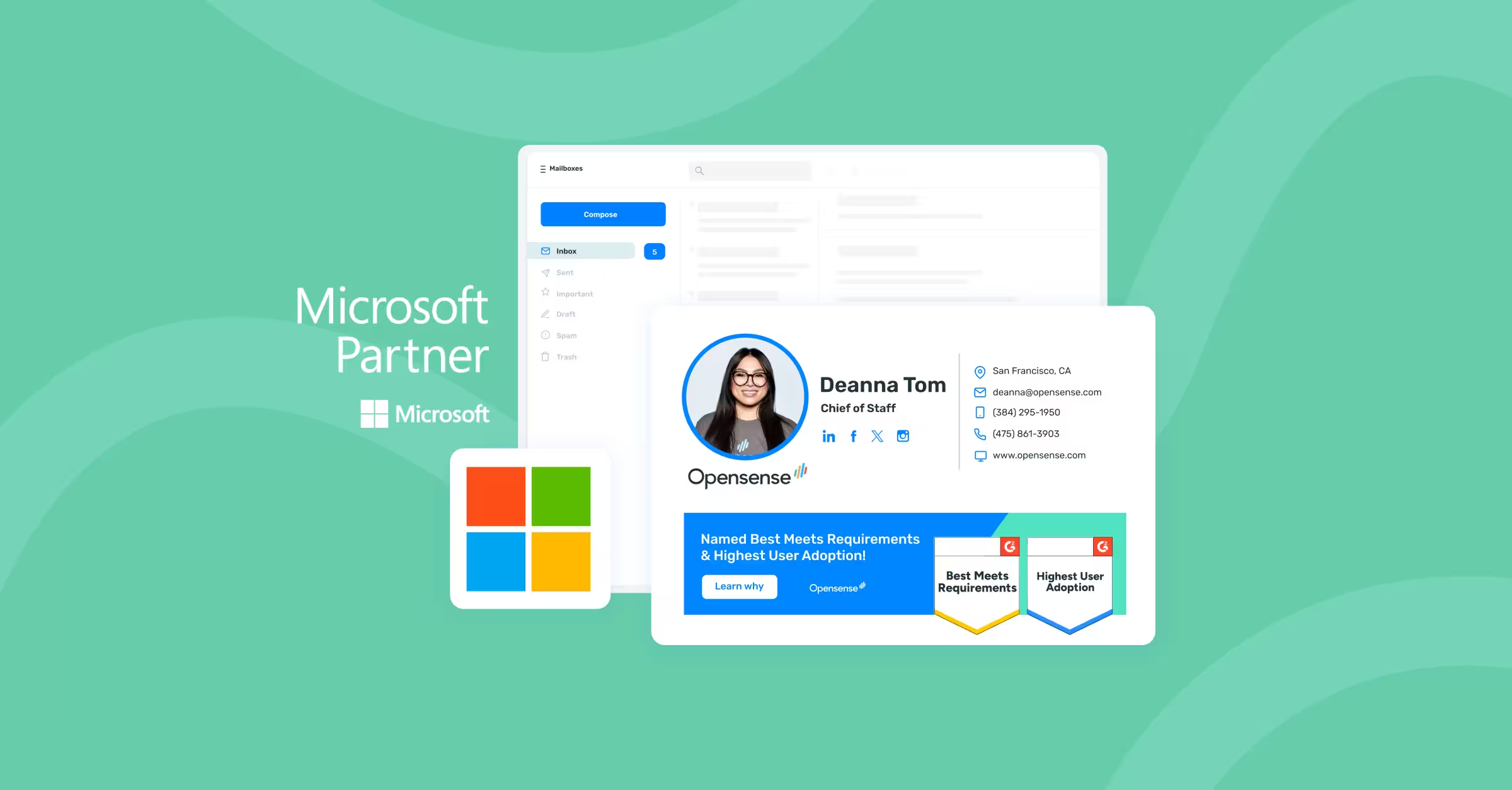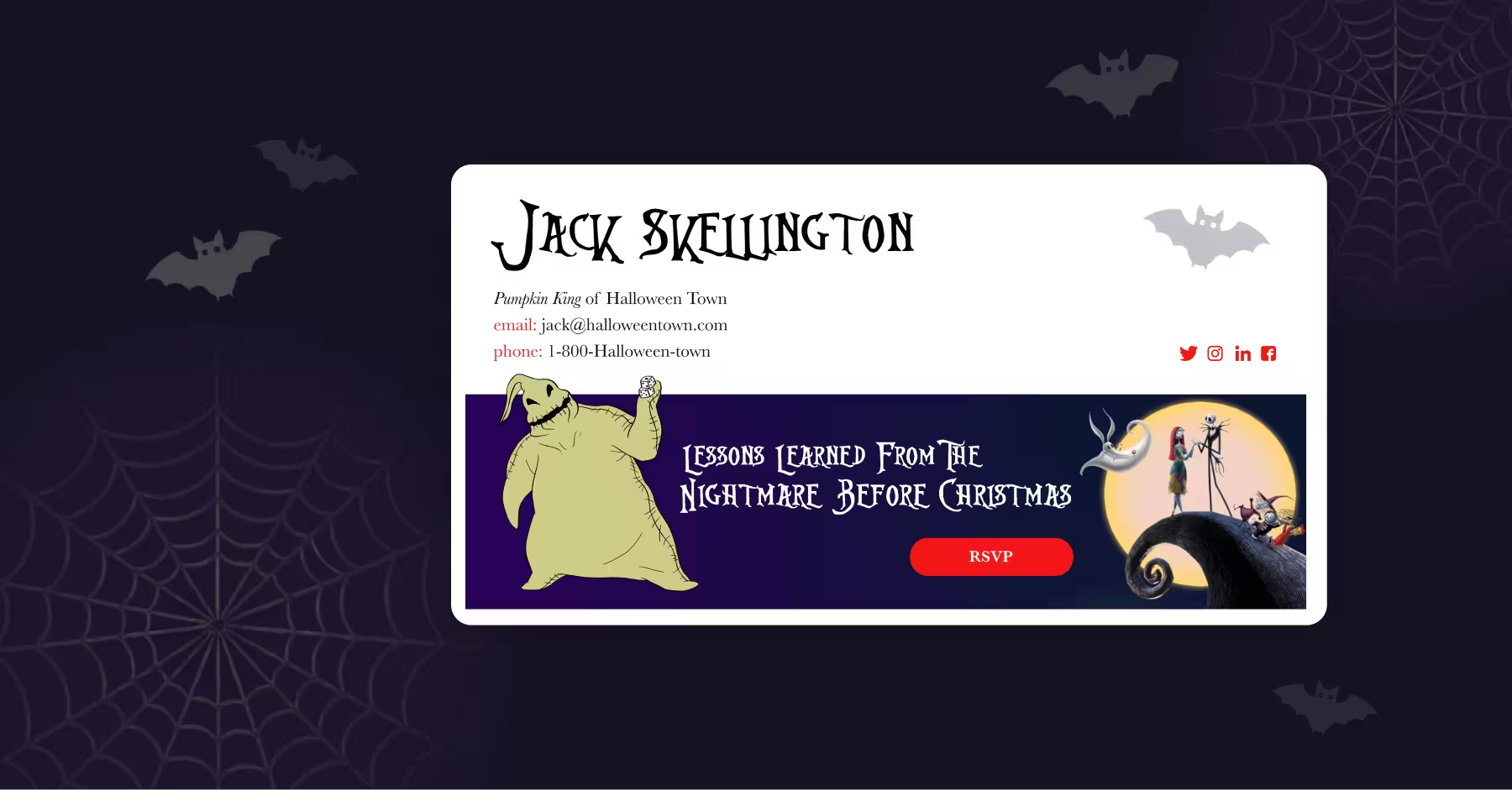
The Ultimate Guide to Compliant Cold Email Outreach (Updated for 2022)
It’s 2022, and email marketing and prospecting continue to rank highly as an effective marketing and sales tactics to turn cold leads into customers. With more than 90% of the digitally-inclined population checking their inbox daily, there’s impressive value baked into email outreach strategies that involve cold contacting.
But when it comes to dealing with people’s information, processing their data, privacy laws and regulations, and a general consideration for everyone’s right to a spam-free inbox, there’s a lot to consider before sending that next email batch out the door.
The good news is, what you’re about to read will help you gain a better understanding of compliance regulations and considerations for prospecting moving forward. If your organization relies on email outreach, this guide will summarize the legal and technical checkpoints (and loopholes) that you can lean on to help ensure compliance at every step, ultimately smoothing out the kinks in your cold email strategy.
In the end, our goal is to help you understand - and master - these regulations best practices in a way that allows you to feel confident in your outreach strategy and helps you sleep better at night. Nobody likes dreaming of the email compliance police, after all.
Why is email compliance important?
Legally? Because you could get in trouble. Otherwise? Because incorporating ethics and consideration throughout your email tactics is a great way to maintain your integrity as an organization and respectfully show up in people’s inboxes.
If you care about being seen and perceived as a considerate business, avoiding negative reviews, and remaining inoffensive in the eyes of your target audience, you’ll want to remain compliant (and considerate) throughout your cold email outreach initiatives.
In the digital age, we all have a right to privacy online. When it comes to personal data, it’s important that organizations understand the privilege and responsibility that comes with acquiring and collecting information about an audience - this includes everything from name to birthday to gender and beyond. And while these insights and data points can make it easy for you to create targeted, effective cold outreach campaigns, with great power comes great responsibility…you can’t just send emails to every contact you get your hands on.
Protecting Consumer Privacy & Data
There are a few ways you can collect consumer contact information. Whether you buy contact lists from a reputable B2B email vendor or data collection agency, or pull from an associated database, there are regulations surrounding how much info you can access, who can see it, and where it can be kept - you can learn more about specific guidelines down below.
Respectfully curating your email lists and keeping contact info in secure locations - in adherence to regulations - will not only help you maintain compliance, it’ll help you create meaningful connections instead of being viewed as spam.
Avoiding Costly Fines
For every person who doesn’t take email compliance seriously, there’s another person who does.
We can’t recommend ignoring compliance regulations and industry-specific best practices, especially because doing so is a great way to end up with hefty fines that could put a damper on the overall success of your campaign - and your business.
Some of the largest General Data Protection Regulation (GDPR) fines for companies including Amazon, Google, and WhatsApp have amounted to hundreds of MILLIONS of dollars. Don’t have that laying around? Sounds like you can’t afford to miss the mark when it comes to maintaining compliance.
Maintaining Your Brand Reputation
To be honest, there’s not a “least important” reason for maintaining compliance across your prospecting strategies.
So while this is last on the list, and doesn’t exactly have legal or financial repercussions (at-least not in the short-term), your brand reputation is arguably the most important reason to remain compliant and considerate when cold contacting your audience.
As we mentioned earlier, your access to consumer contact information gives you the opportunity to make or break your introduction. If you show up in their inbox with a poorly-written email that lacks relevance and clarity, your outreach could come off as spammy, offensive, off topic, irrelevant, or unimportant. You can avoid this by digging deeper into the data to ensure that your message is relevant to your audience, includes clear contact info (so they know who the email is from and you have valid email addresses of your contacts as well), allows them to opt out easily, and doesn’t include spammy promotions or links. The fastest way to decrease your cold outreach ROI is to send an irrelevant email to an unsuspecting audience.
A Quick Legal Overview of B2B Email Outreach & Prospecting
The laws surrounding email tactics can feel confusing, especially since there are multiple regulations with multiple acronyms. And to be honest, we wouldn’t expect anything less from an industry that’s coined terms like SEO, ROI, KPI…you get the picture.
Need a crash course? You got it:
- CAN-SPAM Act - “A law that sets the rules for commercial email, establishes requirements for commercial messages, gives recipients the right to have you stop emailing them, and spells out tough penalties for violations.” (Source: FTC). Also according to the FTC, “Each separate email in violation of the CAN-SPAM Act is subject to penalties of up to $46,517.” Ouch.
- CASL - Otherwise known as Canada’s Anti-Spam Legislation, CASL aims to create a “safer and more secure online marketplace.” According to the CRTC, “we target those who send commercial electronic messages without the recipient’s consent or install programs on computers or networks without express consent.” (Source: CRTC)
- GDPR – General Data Protection Regulation was introduced in 2018 by the European Union, and is touted as the “toughest” privacy and security law in the world. According to GDPR.eu, “it imposes obligations onto organizations anywhere, so long as they target or collect data related to people in the EU.” (Source: GDPR)
- CCPA - The California Consumer Privacy Act is specifically focused on residents of California, allowing them to have more control over who can contact them - and how. (Source: CA OAG)
These are four of the main legal considerations that marketers, sales reps, and organizations are paying attention to when it comes to regulations and guidelines but the list doesn’t end there. We can’t offer legal advice, so we’d recommend that you work with your legal representation to ensure that your departments are up to speed with all nitty gritty corresponding regulations.
Basic Legal Requirements for GDPR, CASL, & CCPA
General Data Protection Regulation (GDPR)
A summary of privacy requirements, summarized from GDPR.eu:
- Transparency & Communication
Using clear, concise language, you must explain how you process your data and make it easy for people to make requests.
- When Collecting Personal Data
When collecting personal data, you must communicate specific information (like who you are and what you do, how to opt out, etc.) to the user.
- Right of Access
Everyone has the right to know how you process data, including the source, reason for processing, and how long data will be held. They also are entitled to their data that you collect.
- Accuracy
People are entitled to correct or adjust inaccurate (or incomplete) data as they see fit.
- Right to Erasure
Like it sounds, this is also known as the “right to be forgotten,” and allows people to request that you delete their information, though you must make it easy for them to do so. There are 5 exemptions to this right.
- Right to Restrict Processing
People can request that you change how you process their data if they think the info is inaccurate or being used illegally.
- Data Portability
You must store personal data in a way that can be easily shared with and understood by others.
- Right to Object
Anyone has the right to object to their data being processed.
Source: GDPR.eu
Canada’s Anti-Spam Legislation (CASL)
CASL is a collaboration between Canada’s Competition Bureau and the Office of the Privacy Commissioner. They’re responsible for enforcing responsibility and taking action against violators who:
- Send commercial electronic messages without consent
- Install programs on computers or networks without consent
This covers malware, spyware, and viruses across messages, programs, and downloads from Web links.
Source: CRTC
California Consumer Privacy Act (CCPA)
CCPA regulations provide guidance to help businesses implement the law accordingly in order to respect privacy rights of California consumers, including:
- The right to know about the personal information a business collects about them and how it is used and shared
- The right to delete personal information collected from them (with some exceptions)
- The right to opt-out of the sale of their personal information
- The right to non-discrimination for exercising their CCPA rights
Source: CA OAG
How to Make Email Outreach Compliant
Bridging your data with compliant decisions is a whole lot easier when you have help from the pros. The average 100-person company sends upwards of 1 million emails each year, and Opensense exists to help them send compliantly. By enforcing policy and control, we help reduce the regulatory risk of your enterprise while managing disclaimers and other key factors.
Keeping up with laws and regulations is easier said than done, but when it’s the bread and butter of your business (like us), it’s a top priority. We help our customers stay compliant throughout their B2B email outreach by focusing on:
- Simplified and targeted email disclaimer content
- Regulations and rules of email communications
- Audit reporting to help you identify at-risk domains and take preventative action
- Reviewing policies and programs almost instantly
Helpful Resources: Stay Up To Date
While working with a third party to help you stay compliant takes a lot of the stress off your teams, it’s important that as an organization, you stay up to date on relevant policies, guidelines, and laws.
We do our best to keep readers updated on major changes in the compliance space, and also recommend keeping tabs on the sources that we’ve mentioned throughout this guide.


.svg)



.svg)



